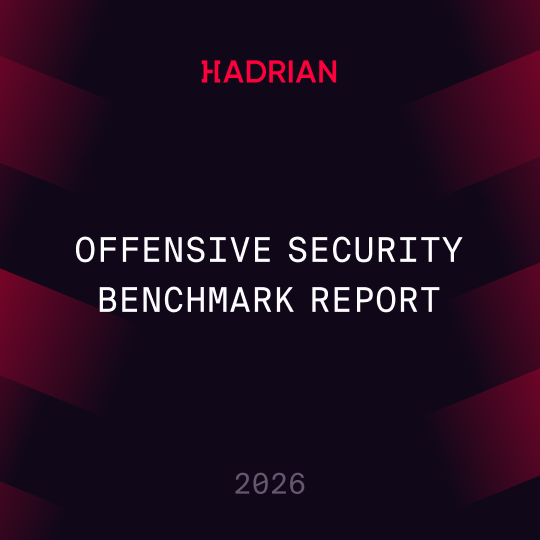
The Digital Operational Resilience Act (DORA) is a pivotal regulation by the European Union (EU) that aims to fortify the IT security of financial entities. Having entered into force on January 16, 2023, DORA becomes fully applicable on January 17, 2025 - a date that all stakeholders in the financial sector should mark on their calendars.
Why is DORA Important?
As financial institutions increasingly depend on technology and third-party ICT providers to deliver services, they become more vulnerable to cyber-attacks and operational disruptions. These risks, if unmanaged, can cascade through financial markets, affecting entire economies. DORA addresses this critical need by harmonizing operational resilience requirements for financial entities across Europe, ensuring a consistent and robust approach to ICT risk management.
What Does DORA Cover?
DORA establishes comprehensive standards for:
- ICT Risk Management
- Financial entities must implement frameworks for identifying, assessing, and mitigating ICT risks.
- ICT Third-Party Risk Management
- Rigorous monitoring of third-party providers, including specific contractual provisions and oversight frameworks for critical providers.
- Digital Operational Resilience Testing
- Mandates regular basic and advanced testing to identify vulnerabilities.
- ICT-Related Incidents
- Requires robust incident response plans and timely reporting of major incidents to competent authorities.
- Information Sharing
- Encourages collaboration and exchange of intelligence on cyber threats within the financial ecosystem.
Who Does DORA Apply To?
DORA applies to 20 types of financial entities, including banks, insurance companies, and investment firms, as well as ICT service providers, whether based in the EU or abroad. Compliance with DORA is mandatory, and failure to comply can result in severe penalties, including fines of up 2% of total annual turnover, daily penalty payments, and even operational restrictions.
Steps to Prepare for DORA
With the compliance deadline approaching, financial entities and ICT service providers should prioritize the following:
- Update ICT Risk Frameworks
- Establish robust risk management processes, covering asset management, encryption controls, and vulnerability assessments.
- Revise Contracts with Third-Party Providers
- Ensure contracts align with DORA’s requirements, including provisions for incident response and testing.
- Enhance Board-Level Awareness
- Train executives on ICT risks and governance to strengthen compliance oversight.
- Conduct Resilience Testing
- Regularly test systems to identify and address vulnerabilities proactively.
- Prepare for Oversight and Due Diligence
- ICT providers should anticipate increased scrutiny and prepare comprehensive documentation and response plans.
The Penalties for Non-Compliance
Non-compliance with DORA can result in severe consequences, including:
- Administrative Fines: Up to 2% of annual turnover.
- Daily Penalty Payments: Up to 1% of daily global turnover for ongoing non-compliance.
- Operational Restrictions: Additional measures such as public reprimands or withdrawal of authorization.
DORA represents a significant shift in how the financial sector approaches ICT risk and operational resilience. The January 17, 2025, deadline serves as a wake-up call for financial entities and ICT providers to ensure compliance and strengthen their defenses against cyber threats. By proactively aligning with DORA’s requirements, organizations not only avoid penalties but also bolster their operational integrity and customer trust.
Stay prepared—DORA is not just a regulation; it’s a mandate for a safer and more resilient financial future.






